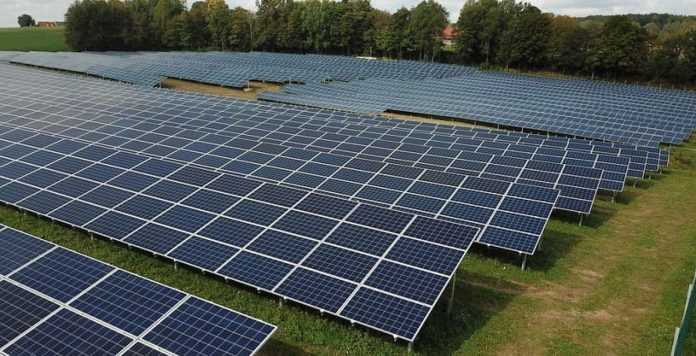Romania’s renewable energy potential, port infrastructure and history in this sector offer a platform for the revival of methanol production, but with reduced carbon emissions, reads a specialist report launched on Wednesday by the Energy Policy Group (EPG).
EPG specialists analyzed the prospects for relaunching domestic production in the context of the energy transition and the transformations in the European chemical industry. Thus, the study analyzes the main economic, technological and infrastructure challenges, as well as the opportunities offered by Romania’s renewable potential, the existing industrial base and port infrastructure.
Given the high energy prices and increasing international competition, the European production of fossil fuel-based chemicals will remain under pressure, the document states. Although alternative low-carbon methanol production methods involve higher costs, methanol’s energy density and versatility make it a viable option for sectors that are difficult to electrify, such as petrochemicals, heavy transport, maritime transport and aviation, EPG experts say.
„Romania presents both risks and opportunities: once a methanol producer, it is now entirely dependent on imports, indicating industrial decline and raising questions about the security of supply. At the same time, Romania’s renewable energy potential, port infrastructure and track record in this sector offer a platform for a resurgence of methanol production, but with low carbon emissions. Fossil fuel-based production is unlikely to become viable. A future-oriented industrial strategy should focus instead on green methanol, produced from clean hydrogen, captured CO2 and sustainable biomass,” the document states.
According to the study, both e-methanol and biomethanol involve additional costs and infrastructure challenges, which underlines the need for specific support measures.
„To achieve this, better biomass processing, the widespread use of renewable energy, access to clean hydrogen, the development of hydrogen and CO2 infrastructure, and the modernsation and expansion of electricity networks will be necessary,” the statement said.
Europe has significant advantages in terms of technology, infrastructure and public policies, but its competitiveness depends on ensuring affordable clean energy and alternative raw materials, according to the same source. AGERPRES




